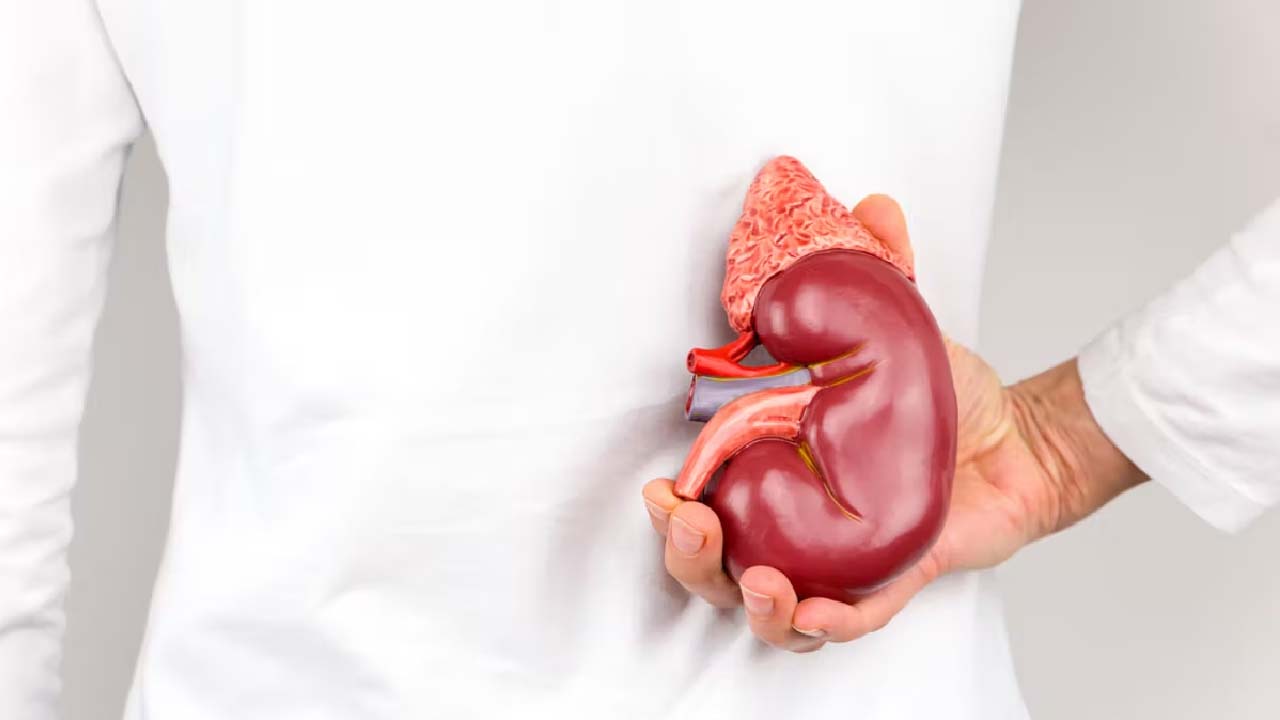Patients with chronic kidney disease need to make dietary modifications for favorable positive outcomes. The normal diet requires some changes. Consuming a low protein diet, restricting salt, potassium, phosphorus, and other electrolytes are some of the dietary modifications that are needed. If the condition gets worse, you need to take extra care.
Dietary modifications help keep the levels of electrolyte, minerals and fluid balanced in case of chronic kidney disease or dialysis.
Carbohydrates - Carbohydrates are a great source of energy. These may include fruits, breads, grains and vegetables. These foods provide energy along with fibers, minerals and vitamins.
Fats – It can be a good source of calories. Try to use polyunsaturated and monounsaturated fats for good heart health. They protect your heart. Limit your fat and cholesterol intake as these are not good for the heart.
Proteins – Protein is required in an adequate amount in the body in order to function properly. Fish, poultry, pork, eggs are a good source of high protein. You can also add egg white, egg white powder or protein powder.
Calcium and phosphorus – In the early stage of CKD, phosphorus levels in the body can get too high. High levels of phosphorus cause low calcium levels and itching. A lower level of calcium in the body tends to make your bone weaker and greatly affect the bone health. This may give rise to bone diseases.
Fluids – It is one of the most important dietary modifications that is needed in CKD patients. A dialysis patient needs to watch the amount of fluid he/she takes in as too much fluid will lead to shortness of breath. Also, the patient needs to take extra care if he is consuming too much of watery fruits and foods. Avoid salty foods. Stay cool on hot days.
Salt or sodium- Consuming low sodium or salt content will maintain blood pressure normal. You will not experience thirst if you consume low sodium or salt. Avoid using processed foods, they contain lots of salt. Avoid taking salt through miscellaneous food items like papad, pickle, and salad. Salt should be there only in sabji and dal. Do not use salt substitutes as they contain potassium.
Potassium – Potassium is most important in keeping blood pressure under control. Improper kidney functioning will lead to a build-up of potassium which may further result in improper heart rhythm. Certain fruits and vegetables contain a high amount of potassium and hence should be avoided.
Fruits to be avoided – orange juice, kiwis, raisins, bananas, cantaloupe, honeydew
Fruits to be eaten - Peaches, apples, berries, watermelon.
In vegetables choose broccoli, cabbage, carrots, and cauliflower and limit potatoes, tomatoes, pumpkin, and asparagus.
(Disclaimer: The content on this site is for informational purposes only, and should not be taken as professional medical advice. Always seek the guidance of your doctor or other health professionals for any questions you may have regarding your health or a medical condition.)

 Dietary modifications play an essential role in managing disease conditions with treatment. The kidney being the excretory organ of the body, needs to function properly for the elimination of waste from the body. Thus, CKD patients need to have some dietary modifications for managing the condition.
Dietary modifications play an essential role in managing disease conditions with treatment. The kidney being the excretory organ of the body, needs to function properly for the elimination of waste from the body. Thus, CKD patients need to have some dietary modifications for managing the condition.




















.jpeg)



.jpg)




.jpg)





.jpeg)

.jpg)


